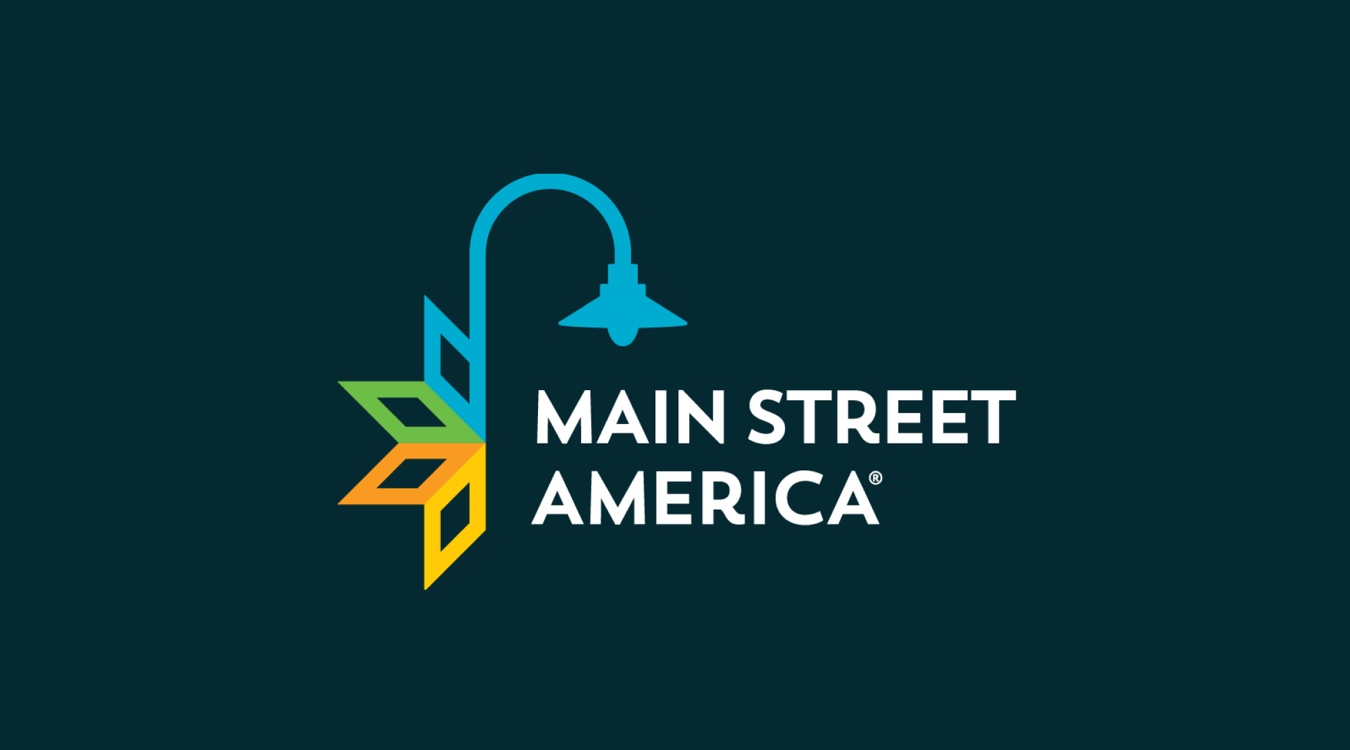Navigating a Shifting Federal Landscape
Hill Day took place in a quickly evolving federal landscape, as a wave of executive orders, staff layoffs, and structural changes have raised questions about program stability, funding streams, and administrative capacity. Federal funding for Main Street remains critical, and while Main Street programs are not dependent on a single federal agency or program, these resources significantly advance our work. Moreover, federal staff play an essential role in supporting Main Street initiatives in communities nationwide. Main Street America is committed to good governance and values efficient government operation. Recent federal shifts raise concerns as unclear expectations and abrupt shifts in policy can result in disruptions at the state and local levels, ultimately affecting local budgets and economic stability.
A key example of this is the anticipated cuts within the U.S. Department of Housing and Urban Development (HUD), including anticipated staff cuts of 84% within the Community Planning and Development (CPD) branch that oversees the allocation, compliance, and monitoring of Community Development Block Grant (CDBG) funds. These funds support essential housing, infrastructure, and economic development initiatives in cities, counties, and states across the country. While the full impact of these layoffs remains uncertain, we encourage Main Street programs to engage with their local housing and community development departments to stay informed about any potential disruptions.
Similar disruptions are occurring across multiple federal programs that support Main Streets. The U.S. Department of Agriculture (USDA) has laid off approximately 3,400 employees — about 10% of its workforce — including significant cuts within the Forest Service. The Small Business Administration (SBA) has reduced its workforce by 720 employees (20%). The Department of the Interior has also faced approximately 2,600 layoffs agency-wide, including 1,000 from the National Park Service (NPS), which may impact historic preservation programs and heritage tourism — key economic drivers for many Main Streets. The effects of these cuts remain unclear, and the courts are arbitrating on many actions, such as the termination order for probationary federal employees. Nonetheless, layoffs and structural changes to federal agencies could have real implications for Main Street programs with established federal partnerships for technical assistance, funding administration, and program oversight. As these changes unfold, we encourage Main Street leaders to stay engaged with their federal and state agency contacts to understand potential impacts and advocate for continued program support.




























